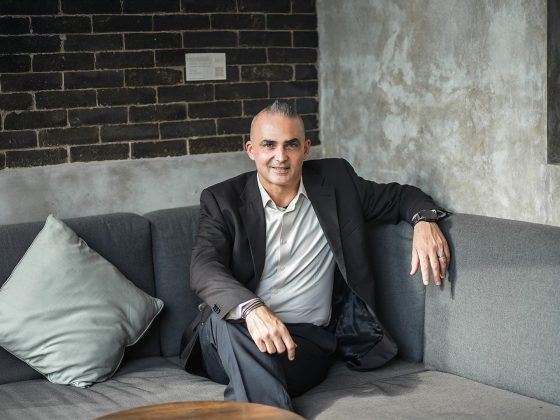Entrepreneurship comes with its fair share of stress, pressure, uncertainty, and long hours that can lead to burnout and mental health issues. Here are key strategies entrepreneurs can employ to cultivate their wellbeing while staying focused and productive.
Work Sustainability into Your Company Mission
As a founder, the vision you set and model provides cues for organizational culture and values. If you only focus on growth, revenue, and scale at all costs, it sends the message that wellbeing is an afterthought. That fuels unhealthy behaviors that lead to exhaustion and poor mental health.
Instead, make work sustainability a core piece of your company’s mission and values. Communicate to your team that you prioritize their long-term wellbeing alongside other business goals. Then follow that up with concrete policies and leadership choices that reflect those values. Modeling balance yourself is critical for giving employees permission to do the same.
Set Boundaries to Protect Personal Time
With no limits or divides between work and life, it’s easy for entrepreneurs to let business demands consume them 24/7. But constant grind and always being “on” are certain recipes for mental health issues.
Be disciplined about setting limits and protecting personal time. Develop everyday cut-off times to stop working in the evenings and commit to taking full weekends off to dedicate to hobbies, friends, family, and self-care practices. While flexibility is a benefit of entrepreneurship, boundaries provide the structure needed to stay focused while preventing burnout.
Cultivate Stress Management Techniques
Since uncertainty, pressure, and high stakes come with the entrepreneurial territory, having an arsenal of go-to stress management tactics is essential. What those look like differ for each person.
Some effective options include mindfulness meditation to promote focus and resilience, keeping a gratitude journal to maintain perspective, building non-work communities for support, and incorporating physical self-care through exercise regimens you enjoy. Invest time in understanding what helps you relieve stress and recharge – then actually make those activities non-negotiable parts of your routine.
Create Opportunities for Real Time Off
Entrepreneurs often hesitate to take vacations for fear work won’t get done while they are gone or they will lose momentum on important projects. However, sporadic real time completely off allows your mind and body to rest and renew in a way that makes you ultimately more focused, creative and productive in business.
Rather than seeing self-care practices or personal time off as threatening business objectives, embrace them as integral to achieving those goals long-term. Plan ahead to account for your absence, set automated email replies, actually turn off notifications, and trust your team to carry things while you have guilt-free time to rest. You will return recharged, gaining new perspective that enhances your leadership.
Amplify Honesty and Vulnerability
As leaders, entrepreneurs often feel pressure to project confidence even in periods of self-doubt, fear or anxiety. However, embracing transparency about mental health challenges can humanize your experience for stakeholders, show employees it’s acceptable to ask for help, and let you access crucial support.
Model open conversations about the psychological pressures you face in your work. Share stories of times you felt overwhelmed or made mistakes and what aided your resilience. Ask for assistance when you need it ourselves – whether from board members, investors or mental health professionals. Employees learn it’s okay to express vulnerability rather than hide stress when leaders share their journeys honestly. That authenticity ultimately fosters a culture that protects mental health.
Image Source: pexels.com










